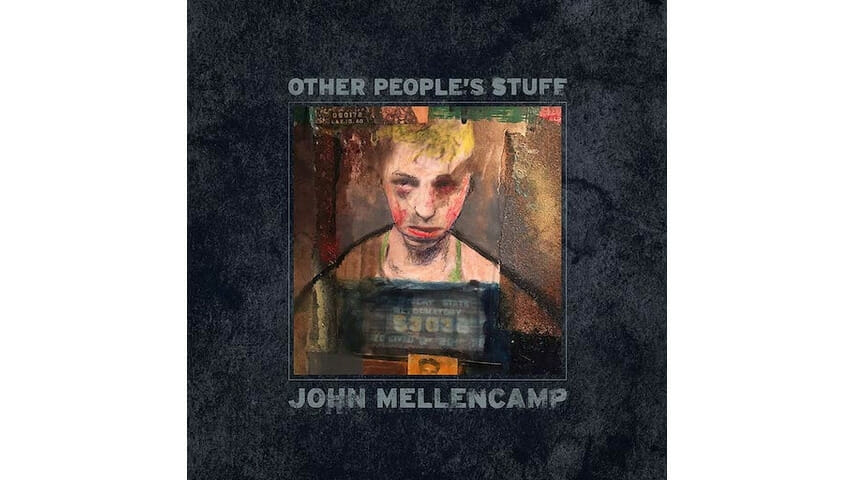John Mellencamp: Other People’s Stuff

Although the title’s something of a misnomer, it does accurately sum up the vintage sentiments that give this album its common bond. Still, it’s a viable concept, especially given Mellencamp’s reputable stance as a heartland hero and blue collar troubadour. That is, of course, the tack he’s taken for the better part of his career, ever since he shed the posturing of his initial incarnation as Johnny Cougar, rock star and raconteur.
-

-

-

-

-

-

-

-

-

-

-

-

-

-

-

-

-

-

-

-

-

-

-

-

-

-

-

-

-

-

-

-

-

-

-

-

-

-

-

-








































